Pup-ular new arrivals!
20/06/2017 in Highland Wildlife Park
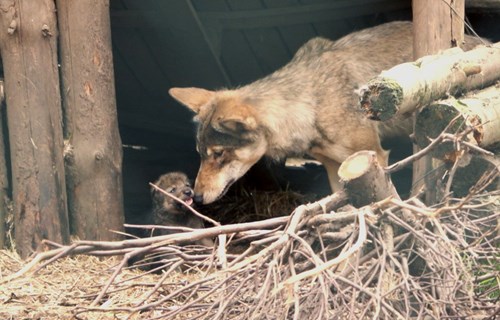
Keepers at RZSS Highland Wildlife Park are celebrating the arrival of new wolf pups in the pack at Wolf Wood.
The adorable pups were born on 21 May to mother Ruby and father Jax. Now five weeks old the cubs are slowly starting to venture from their den and become more visible.
Douglas Richardson, Head of Living Collections at RZSS Highland Wildlife Park, said: “We are really pleased to have had wolf pups again this year, building on the success we have had with our present wolf pair. This is Ruby’s second litter and we are happy to report that she is doing a great job, with the pups staying very close to the den under her watchful eye.”
“The rest of the pack – including the six pups from last year – have been on hand to help with the rearing of the new litter. This helps them to develop vital parenting skills for when they move on to start their own packs in other collections.
“The pups are quite tricky to spot at the moment, but they are starting to become bolder so it won't be much longer before they will be bounding around with the other pack members.”
The pack at RZSS Highland Wildlife Park are European wolves, a subspecies of the grey wolf, which used to be the world’s most widely distributed mammal. However, whilst it was found throughout most of Europe, like all other wolf subspecies it now has a much more restricted distribution. The European wolf used to occur in the UK, but the last British wolves were killed not far from the wildlife park in the 1740s.
Over the last two years, RZSS have been involved in the conservation of wolves in the wild. The team at RZSS’s WildGenes laboratory have been collaborating closely with partners at the Centre for Molecular Dynamics in Nepal. Led by Geraldine Werhahn (Himalayan Wolves Project founder and DPhil student at The University of Oxford’s WildCru), this project aims to gather scientific evidence to support the conservation of wolves and their prey in high altitude habitats, helping improve understanding of the species so that we can make effective conservation decisions about how to protect them.






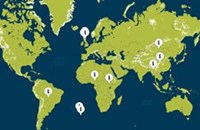
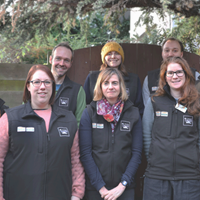
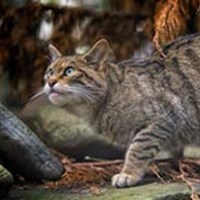
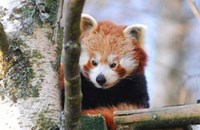
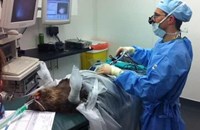

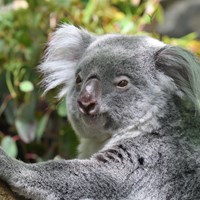

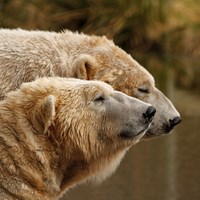

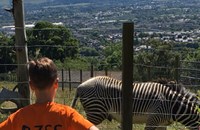



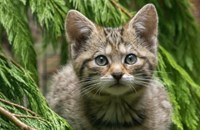
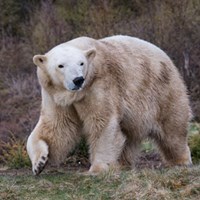



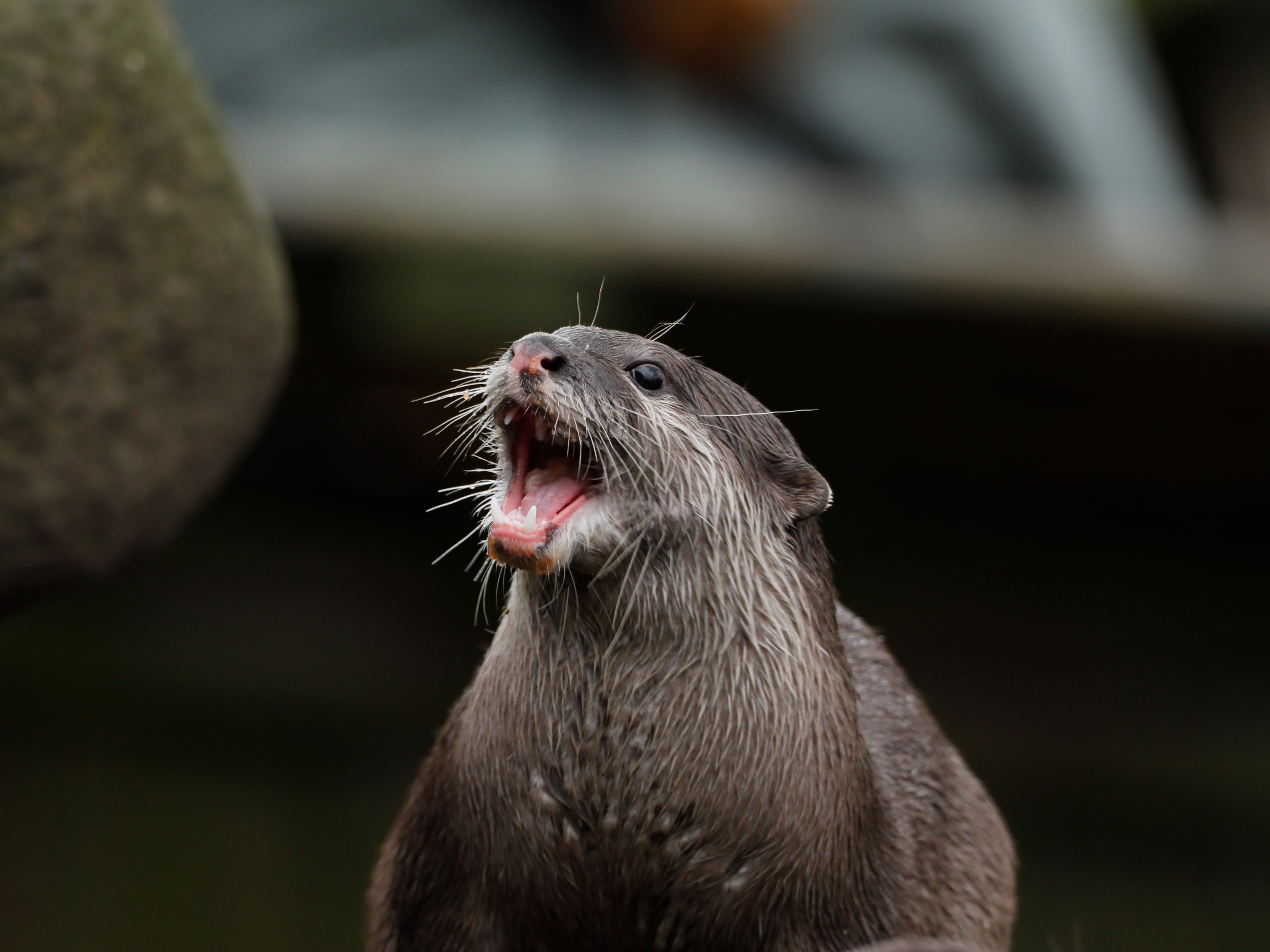
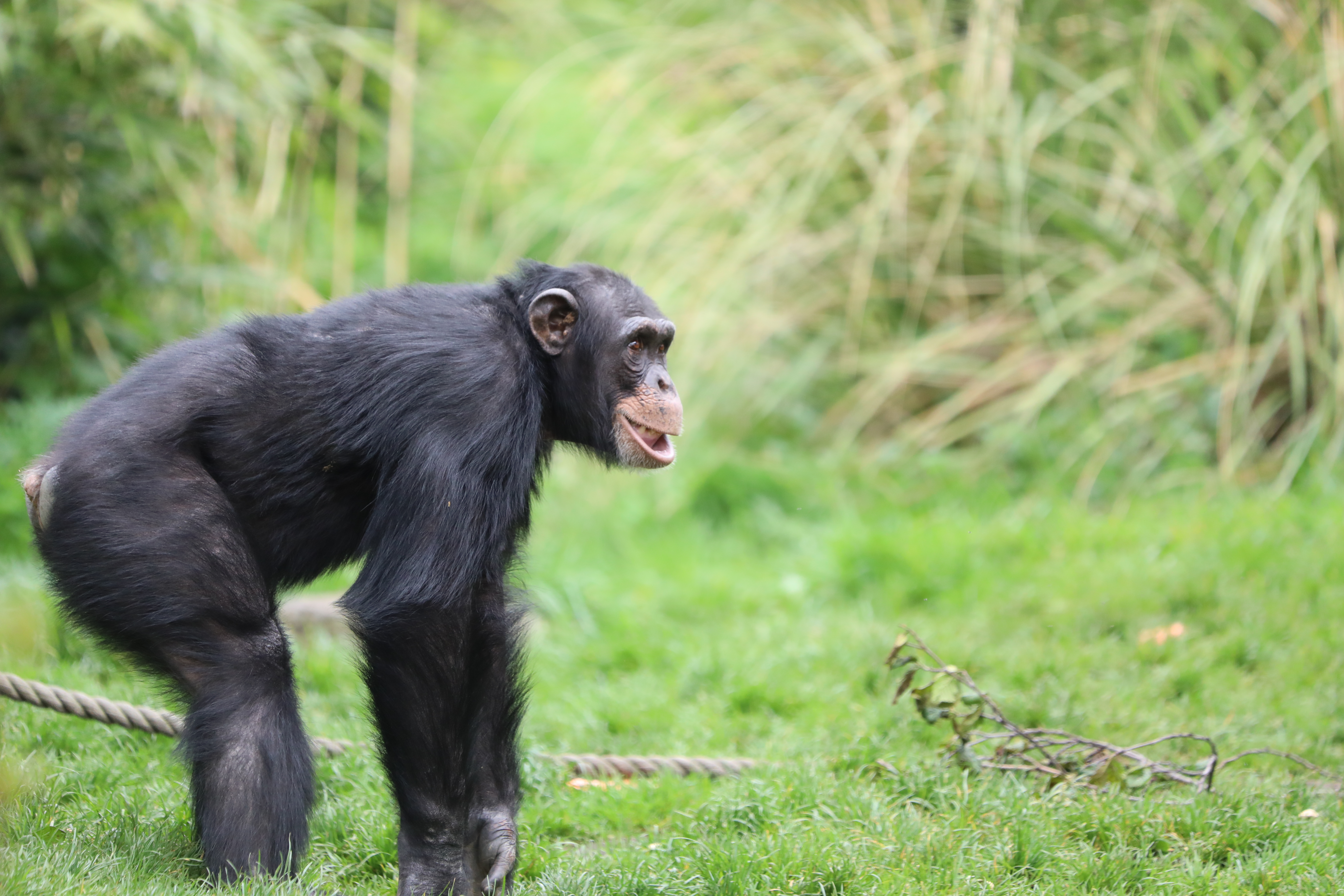
Follow EZ